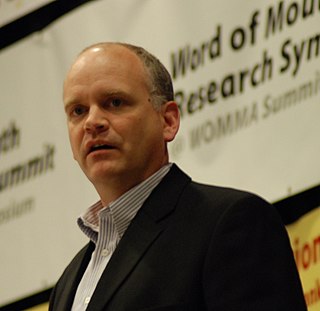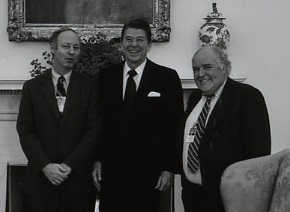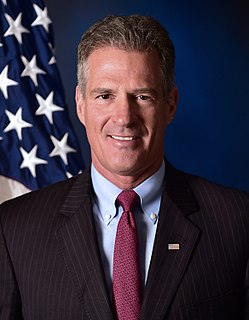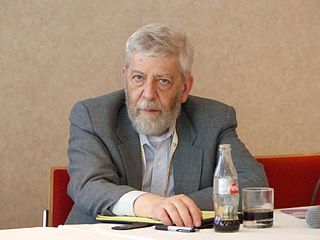A Quote by Ron Fournier
You can almost see voters nodding their heads at home: The public's faith in politicians and political institutions has been on a steep and dangerous decline for decades, because elected leaders fail to deliver.
Related Quotes
Unsurprisingly, the poll-takers don't talk a lot in public about the ignorance of the electorate on political and public policy matters. And the politicians are not going to disclose the, let's say, limited body of knowledge in their constituencies. You don't get elected calling your voters airheads.
Political prodigies are rare in a nation that grooms top leaders through decades of Communist Party road-testing and pageantry. And because Chairman Mao's cult of personality led the country into extremism, the Party spent the next three decades engineering its politicians to be as indistinguishable as possible.
The rise of a new kind of political science in the 1960s has been driving a wedge between political insiders and voters ever since. By turning voters into interest groups, it stopped establishment leaders from articulating a national narrative. It opened the way for Movement Conservatives to create today's political crisis.
The most effective means for restoring the integrity of our electoral process, and repairing the public's tattered faith in its elected representatives, is through the full public financing of political campigns. It's the mother of all reforms: the one reform that makes all other reforms possible. After all, he who pays the piper calls the tune. If someone's going to own the politicians, it might as well be the American people.
I think there's a disconnect between political leaders and young voters around a lot of things related to the private sector. For example, a lot of politicians continue to attack big banks. While I'm not a defender of big banks, my sense is younger voters have had generally pretty good experiences with banks.
Are we going to continue to yield personal liberties and community autonomy to the steady inexplicable centralization all political power or restore the Republic to Constitutional direction, regain our personal liberties and reassume the individual state's primary responsibility and authority in the conduct of local affairs? Are we going to permit a continuing decline in public and private morality or re-establish high ethical standards as the means of regaining a diminishing faith in the integrity of our public and private institutions?
The future lies with those wise political leaders who realize that the great public is interested more in Government than in politics. The growing independence of voters, after all, has been proven by the votes in every Presidential election since my childhood and the tendency, frankly, is on the increase.
It's said the religious right wants to force its faith on the public. But whose faith are we talking about?... Everyone who operates in the political arena wants to see their morals reflected in our laws and governmental institutions - including the National Organization of Women, the National Abortion Rights Action League, and the American Civil Liberties Union, whether or not they are willing to admit it.
































